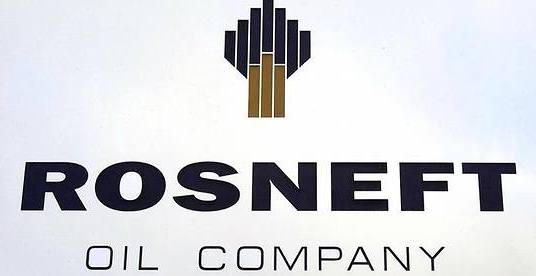
The Other Pivot to Asia: Rosneft Signs Major Oil Deal with China
Among the Obama Administration’s most important foreign policy initiatives is a pivot to East Asia. As formal military operations in Iraq and Afghanistan close down, and as U.S. allies like Japan, the Philippines, and South Korea negotiate the ‘peaceful rise’ of China, America is shoring up bilateral relations, seeking new trade agreements, and ramping up its military presence across the region.
But there is another pivot to Asia the U.S. should consider, and that is Russia’s. The faltering European economy and global impact of American shale gas—including Middle Eastern liquefied natural gas (LNG) once destined for the U.S. now heading to Europe, and the expectation of U.S. LNG exports there—are compelling Russia to reconsider its strategy for Europe and forge closer ties with China.
At an economic forum in St. Petersburg (June 20-22), state-run oil company Rosneft announced a whopping $270 billion oil deal with China National Petroleum Corp. (CNPC), making China Russia’s biggest oil market. Bloomberg finds that by 2015 the newly opened East Siberian-Pacific Ocean pipeline will send 25 percent of Russia’s crude oil export eastward, and by 2018, upwards of 743,000 barrels a day to China alone.
China, awash in capital, wins long-term contracts and energy security by fronting cash-strapped companies like Rosneft billions: according to the deal, it will receive over 60 billion for oil delivered later and continuing for 25 years.
The Rosneft contract follows another between Novatek and CNPC over LNG from the Yamal region with the expectation that Gazprom, which otherwise holds a monopoly on gas export, will share that responsibility with Novatek. Gazprom and CNPC also recently agreed to pricing for 68 billion cubic meters (bcm) of gas per year after long-term negotiations. Aside from oil and gas, Russia and China have agreements for coal and electricity.
It makes economic sense that the world’s number one energy market, China, would forge closer ties with a leading oil and gas producer, Russia, across the border. The ability for China to secure LNG from abroad is a welcome development, as that will cut into its overall carbon emissions. But those benefits may be more than offset by a steady trade in Russian oil.
The new deals with China come at a time when Russia’s energy industry is hurting. Schumpeter of The Economist calls Gazprom a “wounded giant.” Its market capitalization has dropped from $367 billion in 2008 to $78 billion today, as demand in Europe slumps and global LNG trade expands. Meanwhile, the European Commission is investigating the charge that Gazprom broke EU anti-trust rules, as European companies challenge the long-term oil-indexed contracts they signed with Gazprom and demand spot-pricing for gas.
Gazprom’s prospects for Europe are fading. Russian officials are promoting other national champions and pivoting toward China.
Also see “China and Russia Conclude Significant Energy Agreements”






[…] The Other Pivot to Asia: Rosneft Signs Major Oil Deal with China […]
[…] The Other Pivot to Asia: Rosneft Signs Major Oil Deal with China Warren Dym […]